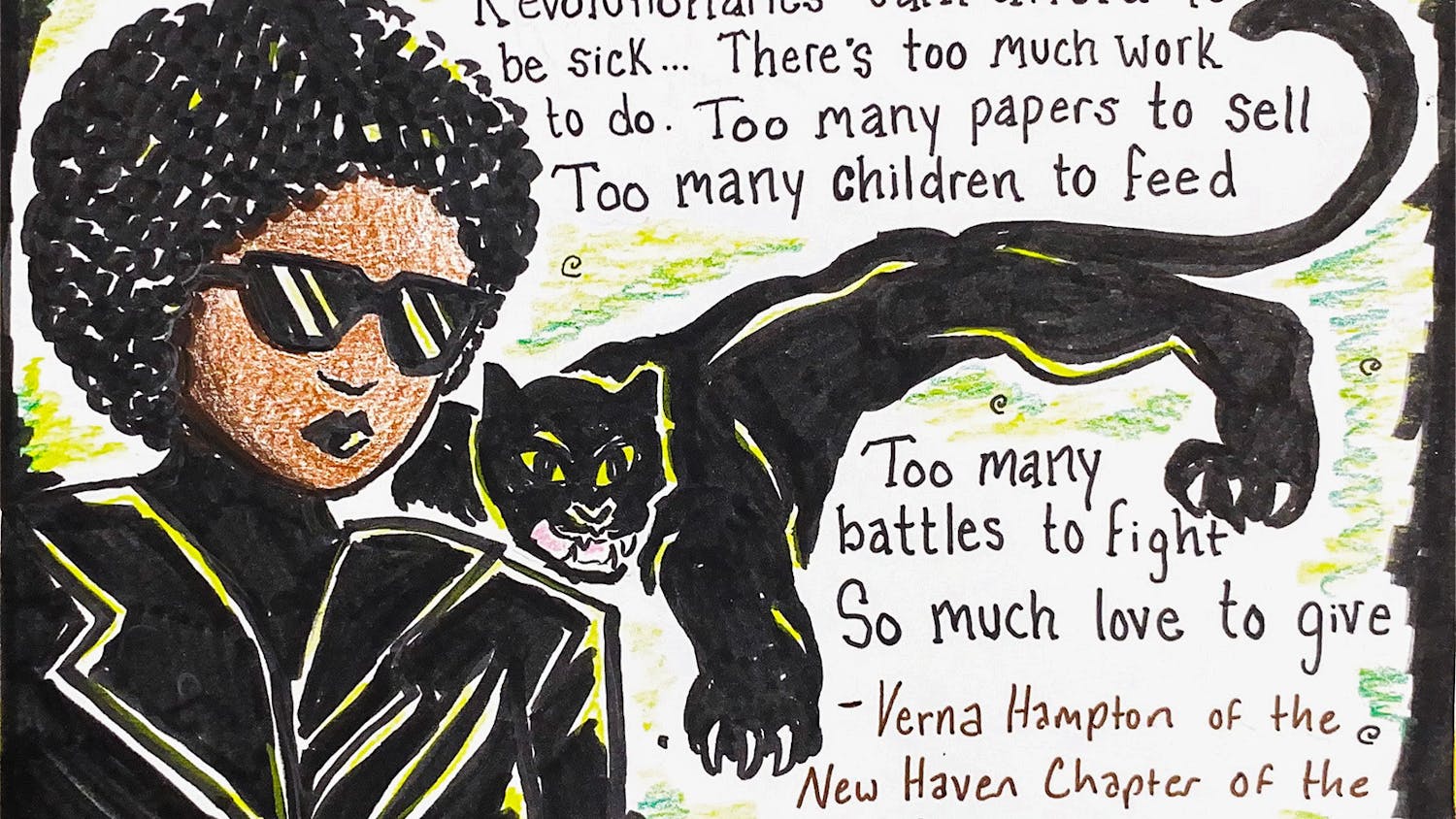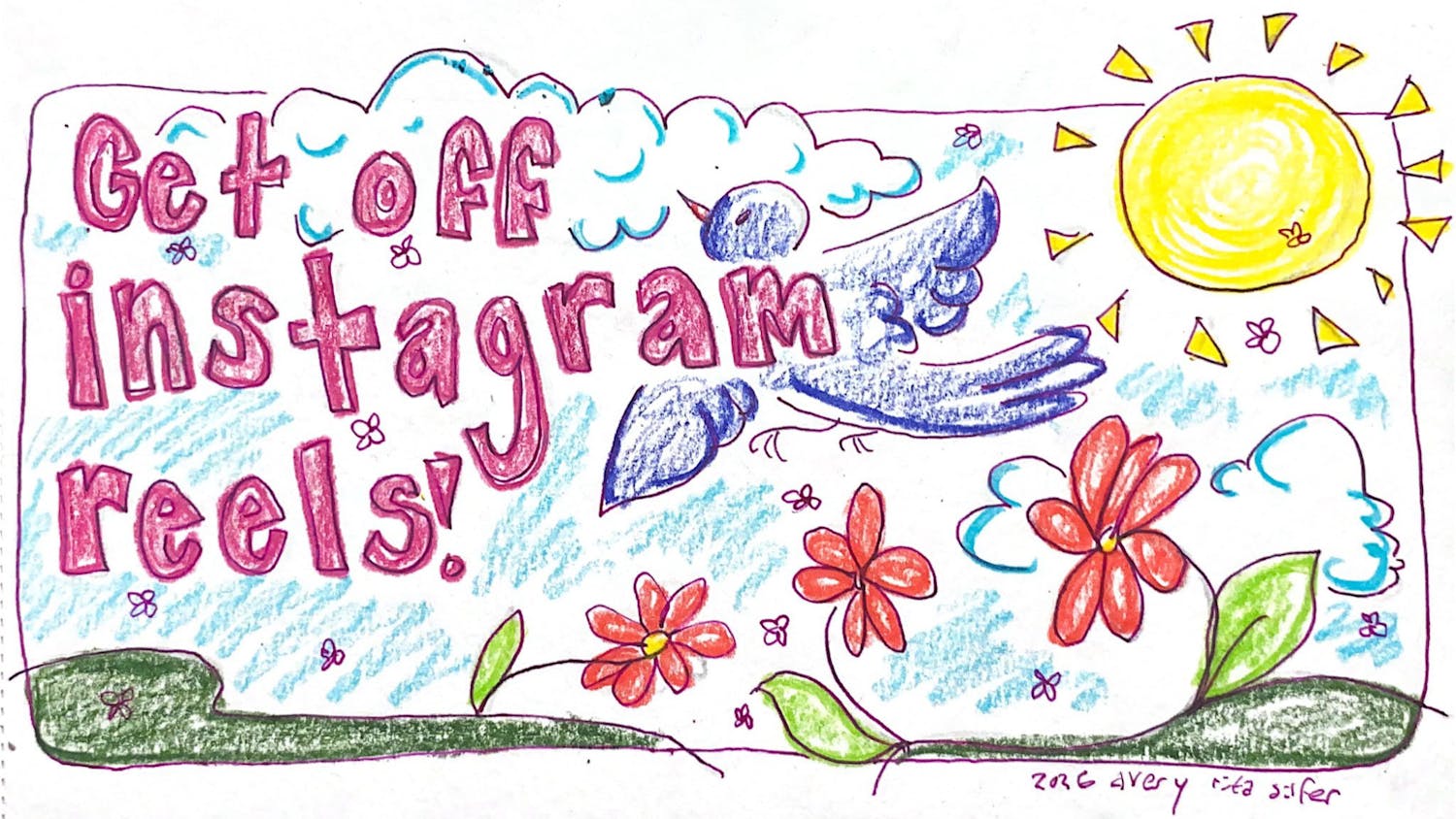All of the University of New Mexico’s student resource centers have moved to remote services or limited operations during spring break due to the outbreak of COVID-19.
Many of the resource centers still operate fairly normally and are offering a majority of their typical resources, such as counseling, advocacy, academic advisement and many more.
Other resources, such as printing stations or computer labs, are currently inaccessible to the public.
Resource centers are working via emails, phone calls, Skype and Zoom.
“The first thing is just having somebody there to talk with. In social distancing, I definitely get that it can be isolating and so we first want to just let students know that we’re here to listen,” African American Student Services Director Brandi Stone, said. “We can talk through some of those anxieties and develop plans to be successful.”
According to Caitlin Henke, program specialist of the Women’s Resource Center, anxiety about balancing school and a pandemic is normal and she encouraged students to reach out.
“In an advocacy realm, what we’re really able to do is take the disclosure, process it a little bit, give resources...Oftentimes, it’s just having a place to dialogue about it,” Henke said.
The Women’s Resource Center recently created an anonymous online chat room for students to talk to advocates. The first forum was on April 3.
“There’s a piece of us all that’s still in survival mode and that can manifest in different ways,” Jessica Holland, director of the Women’s Resource Center, said. “We want to show that these services are here when folks are ready.”
Another challenge is reaching out to students in a remote workforce. Social media outlets have been extended with the goal of an extended outreach to students.
“We know that there’s a big need out there but we still haven’t figured out how to reach everyone,” Holland said. “We’re hearing things of areas that are really challenging students right now. Because of that, we’re trying to create programs that will be ready or start to be provided soon.”
Counseling interns from the Women’s Resource Center are in direct communication with UNM medical workers to give them as much support as possible. Holland said they are constantly working on new programs that will help the students and the community.
Get content from The Daily Lobo delivered to your inbox
“We’re also looking at what new education campaigns do we need… like how to communicate when you’re feeling lots of stress at home,” Holland said. “There’s a lot of expectations on people right now, in terms of how they’re showing up as students, as parents, as partners, as family members.”
Henke highlighted the difficulties for all of the resource centers during the rapidly changing pandemic.
“[It’s hard] being hungry to help and not being able to exactly anticipate what the needs are just yet,” Henke said.
Previously running programs are mostly still going, such as AASS’s Building Outstanding Stem-H Students (BOSS) program and the women’s resource center mentorships program, though at limited operations.
“Our biggest goal right now is making sure [students are] transitioning to this online course setting and that they’re achieving academically,” Stone said.
Both the Women’s Resource Center and AASS reported that all staff are working remotely, including work-study student employees. According to a listserv by President Garnett Stokes, all student employees will continue receiving payments during this period of limited operations, whether they are able to work or not.
“It’s just kind of sad because all of us that work in student affairs do it because we love interacting with students on a day-to-day basis,” Stone said.
An exact date of reopening remains uncertain for all the resource centers. Stone said they are strictly following directions from leadership like President Garnett Stokes and Gov. Michelle Lujan Grisham in terms of physical operations.
“I’m able to evaluate what programs are absolutely essential for our student success and where are areas that we can start creating new avenues to engage students,” Stone said. “I see it as a great opportunity to really learn from the students and the staff as a whole, as far as how do we shape our programs and services beyond 2020 and into the future.”
The Accessibility Resource Center has been working with students case by case and encourages students to reach out with any questions they may have about an adaptive online format.
“It’s like we want to continue all of our services but we have to really get creative about how we transition them and ensure students still know about them,” Stone said.
Other student resource centers working remotely include the American Indian Student Services, College Enrichment Programs, El Centro de la Raza, the LGBTQ Resource Center, the LoboRESPECT Advocacy Center and the Veteran’s Resource Center.
Megan Gleason is a beat reporter for the Daily Lobo. She can be contacted at culture@dailylobo.com or on Twitter @fabflutist2716






